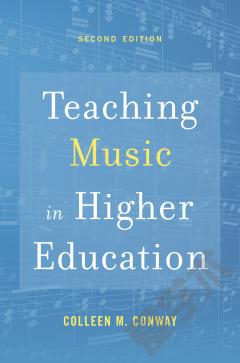Music Education
Musical engagement engagement has functioned as a sociological activity for humans over centuries, with choirs and music-making groups having existed in different cultures for a great number of years. This book reviews the existing literature on the connections between our sociological behaviors and music engagement. It discusses a recent large-scale study study concerned with the influence of group-music activities on children's sociological development. In addition, the potential of music to communicate emotions is part of our everyday experience. The authors focus on emotion induction and briefly discuss recent empirical evidence and theoretical reflections on the nature of musical emotions, the influence of factors on listeners' emotional experience and the link between emotion and aesthetics. Recent findings of brain areas involved in emotional processing of music, issues related to cerebral asymmetry, and the link between emotion and cognition are also discussed. Furthermore, the basic conditions under which musical education can have an optimal impact on the integral development of a child are defined and how these conditions can be implemented in direct practice are determined.
{{comment.content}}








 京公网安备 11010802027623号
京公网安备 11010802027623号